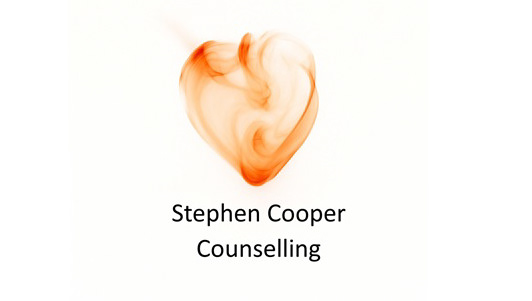Setbacks can occur throughout life and sometimes a person can feel knocked down. Resilience can be learned but may be more difficult to attain without help if a person had significant negative experiences in childhood. According to Carl Rogers, the creator of person-centred therapy, self-worth is how a person perceives his or her self. He defined self-worth on a continuum, with high self-worth associated with confidence, openness, and a better ability to manage life events and low self-worth related to defensiveness and a wariness of new experiences. Common causes of low self-worth are: Regular negative criticism from significant others such as parents, siblings, friends, or a partner; loss or trauma such as bereavement, divorce, illness, injury, or abuse can instigate negative emotions and loss of control; rejection from a loved one or a peer group can lead to feelings of inadequacy; and unspoken pressure from family, friends, co-workers, and the wider society can set standards that the person has tried but failed to achieve. Rogers believed that feelings of self-worth developed in childhood and that childhood experience was the most important factor determining if a person achieved fulfilment as an adult. For example, a lack of parental acceptance in childhood can cause a person to seek it at the expense of becoming detached from their true self. This can cause them to feel lost or adrift. If a person feels they are unlikeable based upon how they were treated as a child, then it is probable that the person will still expect to receive disapproval and rejection from others during adulthood. In this way, how they have been treated becomes part of a person’s self-concept and accepted as truth rather than an opinion. Attacks upon self-worth can happen throughout life. For example, some domestic abusers attempt to reduce the self-worth of their partner in order to increase their control over them. However, a person is more susceptible to such attacks if they are already inclined to self-blame because of their childhood experiences. Low self-worth can manifest as a critical inner voice. Most people, but not all, have an inner voice: An inner monologue in their mind that causes a person to hear themselves talk without them actually speaking or making sounds. However, there is also an inner critical voice which can become dominant if a person begins to self-blame: The voice can give a near constant stream of negative criticism, telling the person that they are stupid or useless. The voice is not their voice, but is instead composed of all the negativity that has been directed at the person throughout their life. The voice of negativity can become so dominant that the individual is unsure which voice is their own.
